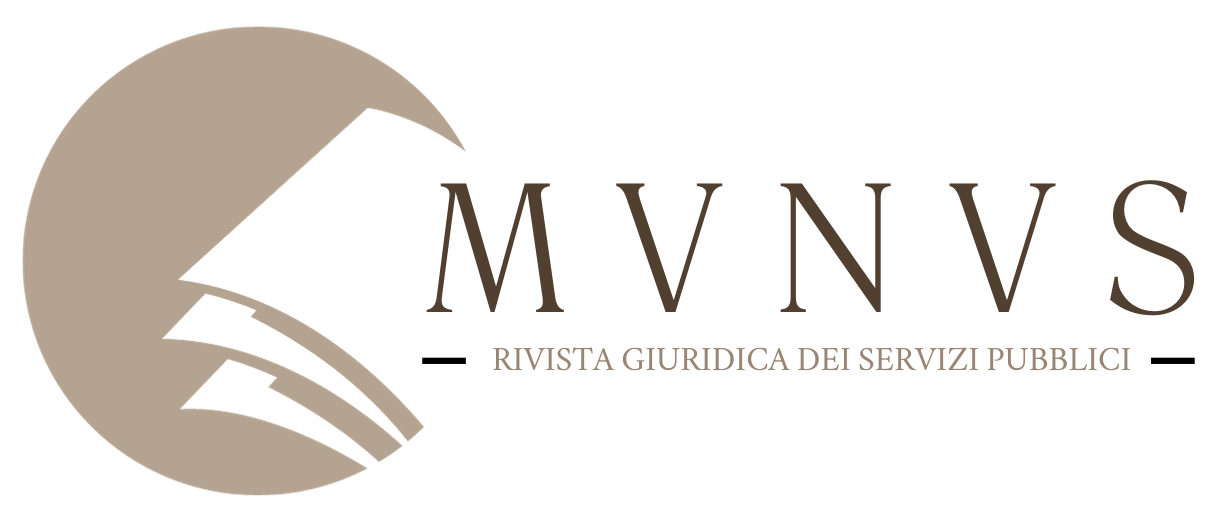Summary:
1. Introduction.
2. SGEIs “in-house” management in the Italian legal order.
2.1. The discretionary choice of the management models.
2.2. The influence and the role of Directive 2014/23.
2.3. The “in-house” company.
2.4. The special municipal undertaking for the management of SGEIs.
3. The integrated water service (IWS) management between natural monopolies and competition.
3.1. The “Galli Act” and the provisions of L.D.152/2006. – 3.2. IWS and tariffs.
4. Conclusions.
Abstract:
The Author analyses the influence of Directive 2014/23 on the management
of services of general economic interest, stressing the impact of the free administration principle. The Author gives special attention to the integrated water service (IWS) direct management, although IWS does not fall in the scope of Directive 2014/23. A focus is put on the in-house company and on the special local undertaking. Anyway, the provisions of art. 149 bis of L.D. 152/2006 establishing that the public shareholders have to belong to the same “best territorial division” are a further clarification of the general model, provided for at art. 17 of Directive 2014/23. This is motivated by the IWS specific characteristics. The content of article 149 bis, therefore, does not undermine the general model of the in-house company set out on the basis of the Directive 2014/23 and its further transposition: on the contrary, they represent one of the possible manifestations of this model.
